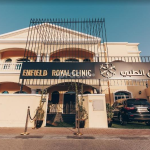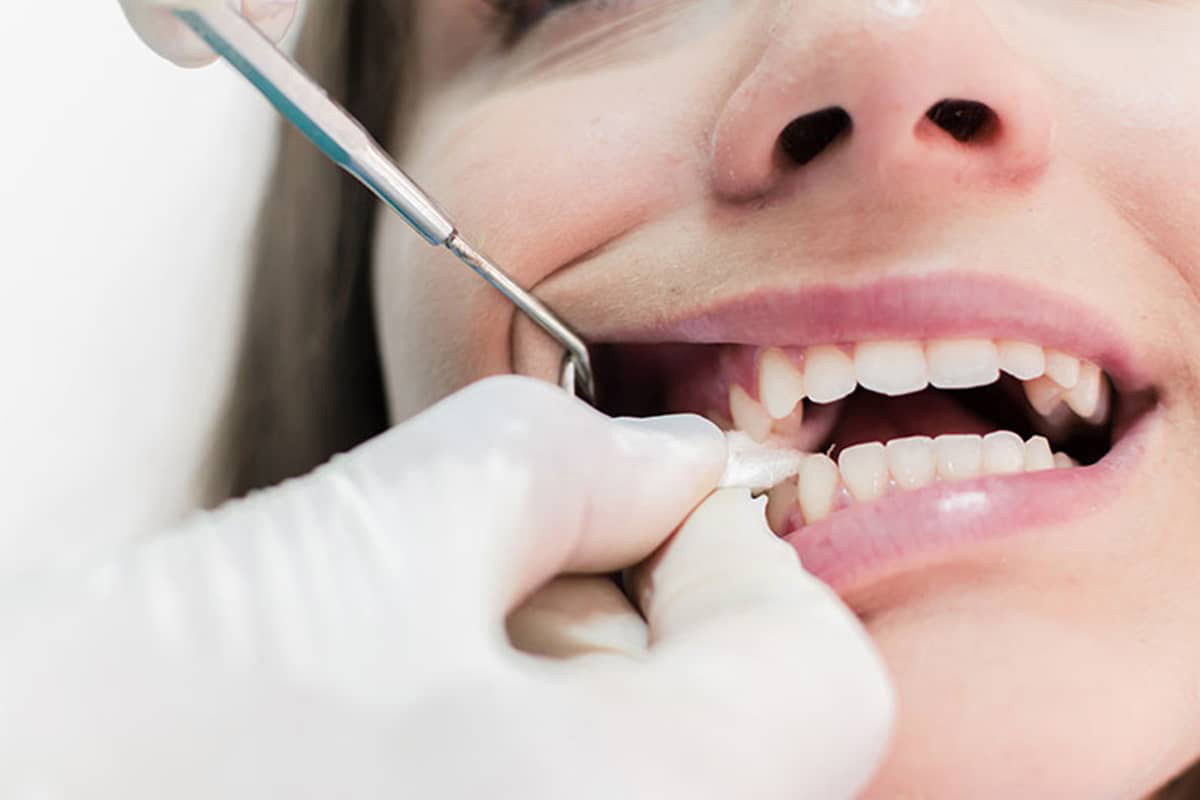Tooth removal is an essential procedure in dental care, and in a bustling city like Dubai, it is performed frequently due to various reasons such as severe decay, overcrowding, infections, or impacted wisdom teeth. While the thought of getting a tooth removed might make some anxious, understanding the process and knowing what to expect can significantly alleviate these concerns. This article will guide you through the steps involved in tooth removal in Dubai, the benefits of the procedure, and why it’s a necessary option for some patients in Dubai.
Why Tooth Removal Is Sometimes the Best Option:
In some cases, tooth removal is the best solution to preserve overall oral health and prevent future problems. While it may seem like a drastic step, there are several situations in which tooth extraction becomes necessary. For example, if a tooth is severely decayed or damaged beyond repair, removing it can help eliminate infection and prevent it from affecting surrounding teeth.
Overcrowding is another common reason for tooth removal, especially before orthodontic treatments. Removing one or more teeth can create space to align others properly. Additionally, impacted wisdom teeth are frequently extracted to prevent complications such as infection, cysts, or damage to nearby teeth. When teeth become infected or abscessed, extraction may be necessary to protect the rest of your mouth from further harm.
The Types of Tooth Removal Procedures:
Not all tooth extractions are the same. Depending on your dental situation, you may need one of the following types of procedures:
Simple Extraction: This is the most common type of tooth removal. A simple extraction is used for teeth that are fully visible and not broken or impacted. The dentist uses specialized tools to loosen the tooth and remove it from its socket. This procedure is typically quick and involves minimal discomfort since it’s performed under local anesthesia.
Surgical Extraction: Surgical extractions are required for teeth that are not fully visible, such as impacted wisdom teeth or severely damaged teeth. In this case, the dentist may need to make a small incision in the gum tissue and, in some cases, remove bone around the tooth to extract it. While surgical extractions are more complex, they are performed under local anesthesia or sedation to ensure the patient’s comfort.
Wisdom Teeth Removal: Wisdom teeth removal is a common procedure in Dubai due to the large number of people experiencing problems with their third molars. Wisdom teeth can often become impacted, meaning they don’t have enough space to emerge properly. This can lead to infections, cysts, or crowding in the mouth. Depending on the severity of the impaction, the dentist may perform a simple or surgical extraction.
What to Expect During the Tooth Removal Procedure in Dubai:
When undergoing tooth removal in Dubai, you can expect a few steps that will ensure you feel comfortable and well-informed throughout the process.
Firstly, your dentist will assess your tooth and discuss your medical history to determine the best approach for your extraction. If local anesthesia is required, the dentist will numb the area around the tooth. In some cases, sedation may also be used to ensure the patient feels relaxed during the procedure.
The actual extraction process will vary depending on the complexity of the procedure. For simple extractions, the dentist will use specialized instruments to loosen and remove the tooth. Surgical extractions require a more detailed process, which may involve cutting the gum tissue or removing part of the bone. The entire procedure typically takes around 30 minutes to an hour, depending on the complexity.
Pain Management: How Tooth Removal in Dubai Is Made Comfortable:
One of the main concerns for many people considering tooth removal is the potential for pain. However, modern dental practices, particularly in Dubai, have made significant advancements in pain management to ensure that the procedure is as comfortable as possible.
During the procedure, local anesthesia is used to numb the area around the tooth, so you won’t feel pain. For those who feel anxious or uneasy, sedation options are available to help you relax and ensure the process is stress-free. After the procedure, it’s normal to experience some mild discomfort and swelling, but these can be managed with over-the-counter pain medications and cold compresses.
Aftercare Tips: Ensuring a Smooth Recovery:
After your tooth removal procedure, it’s essential to follow proper aftercare instructions to ensure a speedy and successful recovery. In the first few hours after the procedure, it’s important to rest and avoid any strenuous activity. You should also refrain from drinking through a straw, as this can dislodge the blood clot and delay healing.
For the first 24 hours, gentle rinsing with warm salt water can help keep the extraction site clean. It’s important to avoid smoking or consuming hot, spicy foods, as they can irritate the extraction site and prolong healing. If you experience swelling, apply a cold compress to the area for relief.
Your dentist will likely provide specific instructions tailored to your procedure, and it’s crucial to follow these guidelines to ensure the best outcome.
Potential Risks and Complications of Tooth Removal:
While tooth removal is generally safe, there are some risks and complications to be aware of. These can include infection, dry socket (when the blood clot fails to form or becomes dislodged), nerve injury, or excessive bleeding. However, these complications are rare, and the risk can be minimized by following the dentist’s aftercare instructions closely.
If you experience any severe pain, prolonged swelling, or signs of infection such as fever, it’s important to contact your dentist immediately for guidance and potential treatment.
The Benefits of Tooth Removal: Why It's Worth Considering:
Despite the temporary discomfort associated with tooth removal, the benefits of the procedure far outweigh the short-term inconvenience. Removing problematic teeth helps prevent further dental complications, such as infections, overcrowding, and even damage to other teeth. It also allows for better oral hygiene, as it’s easier to clean and maintain your mouth after problem teeth are removed.
In cases of overcrowding, tooth removal is often an essential step before orthodontic treatment, allowing for better alignment and improved appearance of your smile.
Conclusion: Making an Informed Decision About Tooth Removal in Dubai:
If you’re considering tooth removal, it’s crucial to make an informed decision by consulting with a skilled dentist in Dubai. By understanding the procedure, the types of extractions available, and what to expect, you can approach the treatment with confidence. A qualified dentist will guide you through the process, ensuring that your dental health is well taken care of.
Ready to take the next step? If you’re experiencing dental discomfort or need a tooth removal consultation, contact our dental experts in Dubai today. Let us provide you with the care you deserve for a healthier, pain-free smile!






Comments